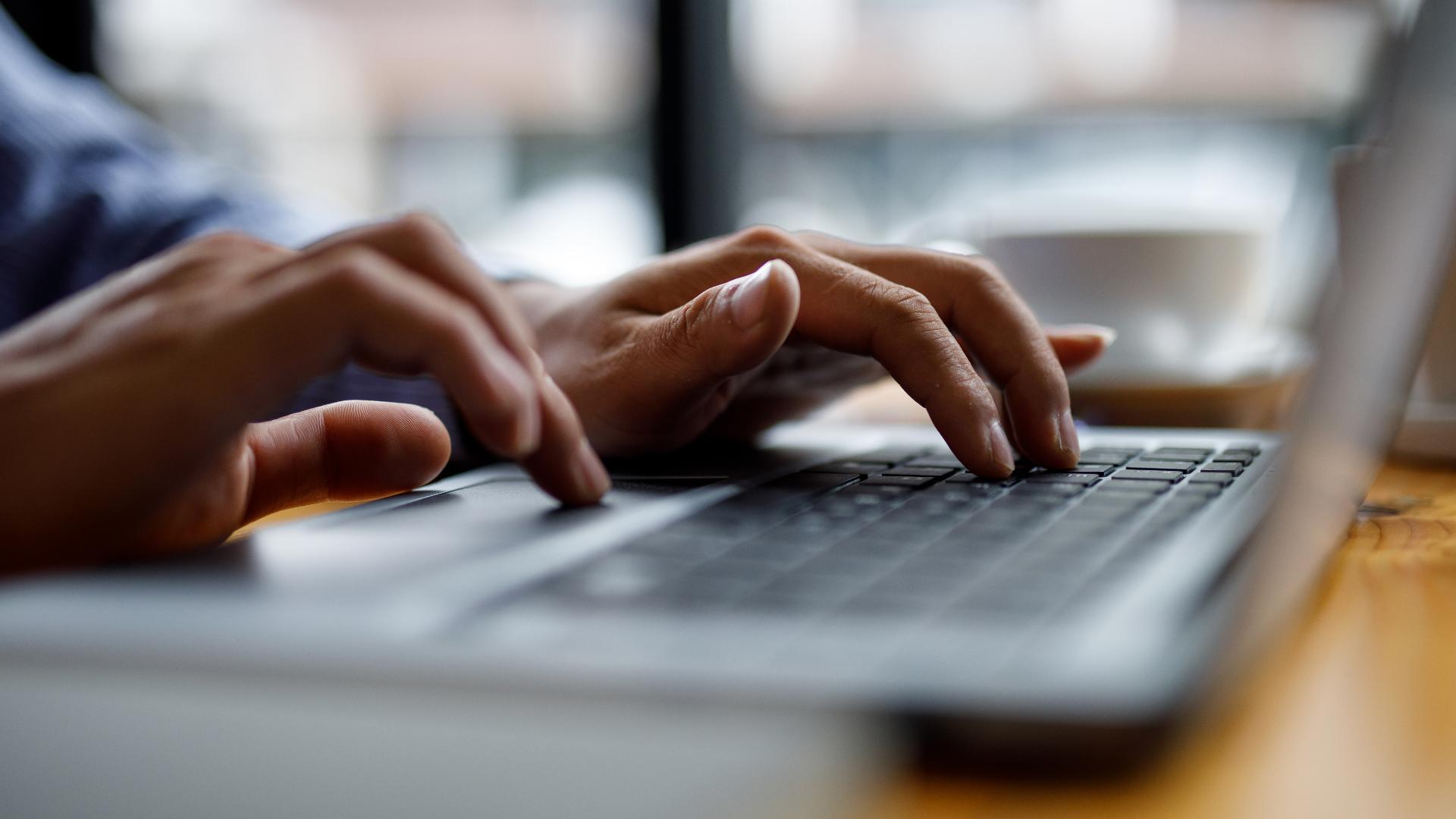COLUMBUS, Ohio — For those affected by a data breach, there are several steps you can take to protect your private information.
A hacker group stole private information from the city of Columbus last month and posted it to the dark web. Cybersecurity expert Connor Goodwolf told 10TV’s Tara Jabour that he was able to download databases from the prosecutor’s office and a system from the city hall building.
Goodwolf said the personal data of hundreds of thousands of private citizens is now on the dark web. Those citizens are anyone who scanned their driver's license at city hall in the last 10 years. It also includes anyone who has dealt with the Columbus City Attorney's Prosecuting Office in any way, including victims, suspects, or someone who was subpoenaed by the court or law enforcement.
So, how can you protect your information knowing that it may have been leaked? Here are some tips from Ohio Attorney General Dave Yost's office:
- Check to see if free credit monitoring is being offered to those affected by the breach.
- Change your passwords immediately. Choose a strong password for any breached accounts and do not recycle passwords used for other accounts.
- Use multifactor authentication to require an extra step after you log in to your account.
- Review any bank accounts or payment methods tied to the data breach.
- Check your credit report. Go to credit websites such as Equifax, TransUnion and Experian and freeze your accounts. This restricts access to your credit report and will block any new credit accounts from being made. Even if your account is frozen, you will still be able to do things like apply for a job, rent an apartment or buy insurance, according to the Federal Trade Commission. (Note: If you freeze accounts, it could take several days to unfreeze them and may not be able to access your account immediately.)
- If you believe your identity was stolen and have seen unusual activity on your accounts, you can report it to the federal government here. They will provide you with tips on how to respond to your specific situation.
If you’re unsure whether you’re affected but want to take precautions to protect yourself, here are some helpful tips:
- Avoid using your debit card to make online purchases. Use a credit card instead. This way, if your credit card is compromised, it won’t impact your bank account.
- Set a spending limit on your credit card. If your card is compromised, hackers can’t make large purchases.
- Don’t connect to public Wi-Fi. There is no guarantee it’s secured. Experts say if you do connect, never do banking while connected.
- Change your password to a sentence with a space and a character (ie. Gobuckeyes 2024$) Experts say this makes it harder for hackers to crack your password.
- Don’t save your passwords or credit card numbers on your computer.
- Make sure your phone has face recognition, that way if your phone is lost it will make it more difficult for hackers to get inside.

